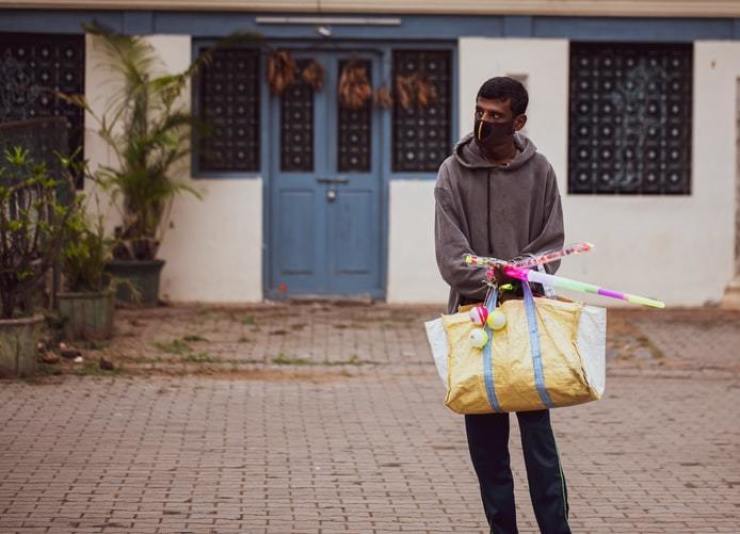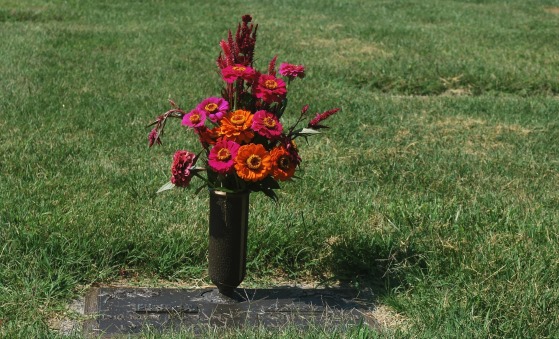
A coalition of Dalit Christian organisations has called for an amendment to Article 341, seeking Scheduled Caste (SC) status for Dalits who have converted to Christianity. The group argues that Dalit Christians face the same socio-economic disadvantages as Dalits in other religions and should be afforded the same protections, especially given India's constitutional commitment to secularism.
On October 12, a delegation of Dalit Christian leaders met with former Chief Justice of India K.G. Balakrishnan in New Delhi. Justice Balakrishnan currently chairs a government-appointed commission tasked with assessing whether SC status should be extended to Dalits who convert to religions other than Buddhism and Sikhism. The delegation included leaders from prominent organizations such as the All India United Christian Movement for Equal Rights (AIUCMER) and the Telangana United Christians and Pastors Association (TUCPA), along with several senior church figures.
Long-standing Discrimination
For decades, Dalit Christians have been excluded from the benefits accorded to other Dalits who follow Hinduism, Sikhism, or Buddhism. In 1956 and 1990, amendments to Article 341 extended SC status to Dalits who converted to Sikhism and Buddhism, respectively. However, no such provision has been made for Dalits who convert to Christianity, which the delegation contends is discriminatory.
Dalit Christian leaders argue that conversion to Christianity does not change the caste-based discrimination that continues to affect them in Indian society. “The socio-economic disadvantages and educational and cultural backwardness of the Scheduled Castes remain the same,” the memorandum submitted by AIUCMER reads, stressing that Dalit Christians continue to experience the same forms of marginalization as their counterparts in other religions.
In their memorandum to the commission, the delegation highlighted the persistent social inequalities faced by Dalit Christians. “The identification of those affected by traditional practices of untouchability was done without any reference to religion. Therefore, denying SC benefits based on religion is unconstitutional,” the memorandum reads. The group called for an amendment to Para 3 of the Constitution (Scheduled Castes) Order 1950, which currently restricts SC status to those who follow Hinduism, Sikhism, or Buddhism.
Constitutional and International Human Rights
The Dalit Christian community’s demands are grounded not only in the Indian Constitution but also in international human rights standards. The AIUCMER memorandum notes that the right to freedom of religion, guaranteed under the Universal Declaration of Human Rights, is being violated by the denial of SC benefits to Dalit Christians.
Jose Daniel, president of AIUCMER and a long-time advocate for Dalit Christian rights, spoke to Christian Today and emphasized the constitutional argument at the heart of their struggle. “We do not want reservation based on religion. We only want it as per the constitution, which does not discriminate against Dalit Christians. It is only when the Presidential Order, particularly Para 3, was introduced that this discrimination started,” he said.
Daniel added that the delegation’s demand is straightforward: “Our fight is for the deletion of that paragraph. We are not asking for a new list of Dalit Christians to be included in Para 2. Dalit Christians are already part of the list through their sub-castes enumerated in Para 2. It is Para 3 that unconstitutionally limits reservations based on religion.”
Previous Reports and Commissions
The delegation's demands are supported by several previous commissions and reports, including the Mandal Commission, Kaka Kalelkar Commission, and the Justice Ranganath Misra Commission. These commissions have consistently recognized that caste-related disadvantages persist among Dalits, regardless of their religion. The Supreme Court in its judgement on the Mandal Commission case in 1992 had emphasized that denying SC status based on religion “endangers the very concept of secularism and the raison d'être of reservations.”
The Justice Ranganath Misra Commission, which was established to examine the demand for SC status for Dalit Christians, also concluded that the exclusion of Dalit Christians from SC benefits was unjust. The commission recommended extending SC status to Dalit Christians, arguing that the socio-economic conditions of Dalits do not improve solely due to a change in religion. However, the report was rejected by the government at the time, which described it as flawed.
Reflecting on past efforts, Jose Daniel said, “Three cabinets have been favourable to our demand for inclusion. In 1996, the Constitution (Scheduled Castes) Orders (Amendment) Bill was listed for introduction in the Lok Sabha, but it was never introduced. In subsequent years, attempts to introduce the bill were either delayed or thwarted. This fight has been going on for too long.”
Continuing Atrocities Against Dalit Christians
The discrimination against Dalit Christians is not just a matter of exclusion from government benefits; it also extends to the violence and atrocities they continue to face. The memorandum highlights instances such as the atrocities in Neerkonda, Karamchedu, and Tsundur in Andhra Pradesh, where Dalit Christians were among the victims. However, due to their exclusion from SC status, they were not eligible for the protections under the SC/ST (Prevention of Atrocities) Act of 1989.
This exclusion even affects members of the same family. AIUCMER's memorandum points out that children of Dalit parents who convert to Christianity are denied SC certificates, while their siblings who remain Hindu retain their SC status and associated benefits. This has created a divide within families, with some children eligible for government support and others left without access to the same opportunities simply because of their religion.
Appeals for Social Justice
As someone who has spent over three decades advocating for Dalit Christian rights, Jose Daniel expressed cautious optimism, while also highlighting concerns about the current commission’s objectivity. “We don't struggle for a cause without hope. We are sure that if the issue is considered objectively, we will win the fight. We are on the right path, but we demand that the Justice Balakrishnan Commission be fair and bring our arguments into the open. We can argue every point,” he said.
The delegation emphasized that extending SC status to Dalit Christians would not increase the overall reservation quota but would simply ensure equal treatment for all Dalits. “Parliament can include Dalit Christians by amending Para 3 of the Presidential Order, just as it did for Sikhs and Buddhists in 1956 and 1990, respectively,” Daniel remarked. “It’s time for this long-standing discrimination to end.”
Even as the commission led by Justice K.G. Balakrishnan continues its work, public hearings in states like Telangana and Andhra Pradesh will likely bring further attention to this issue. The final recommendations of the commission will have significant implications for Dalit Christians, who have been fighting for their rights for decades.
The Dalit Christian community and its leaders remain hopeful that the commission will recognize the injustice of excluding Dalit Christians from SC benefits and recommend an amendment to the Constitution (Scheduled Castes) Order 1950. As AIUCMER asserts in its memorandum, this would not only bring long-overdue social justice to Dalit Christians but also uphold the constitutional principles of equality, secularism, and freedom of religion.




